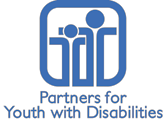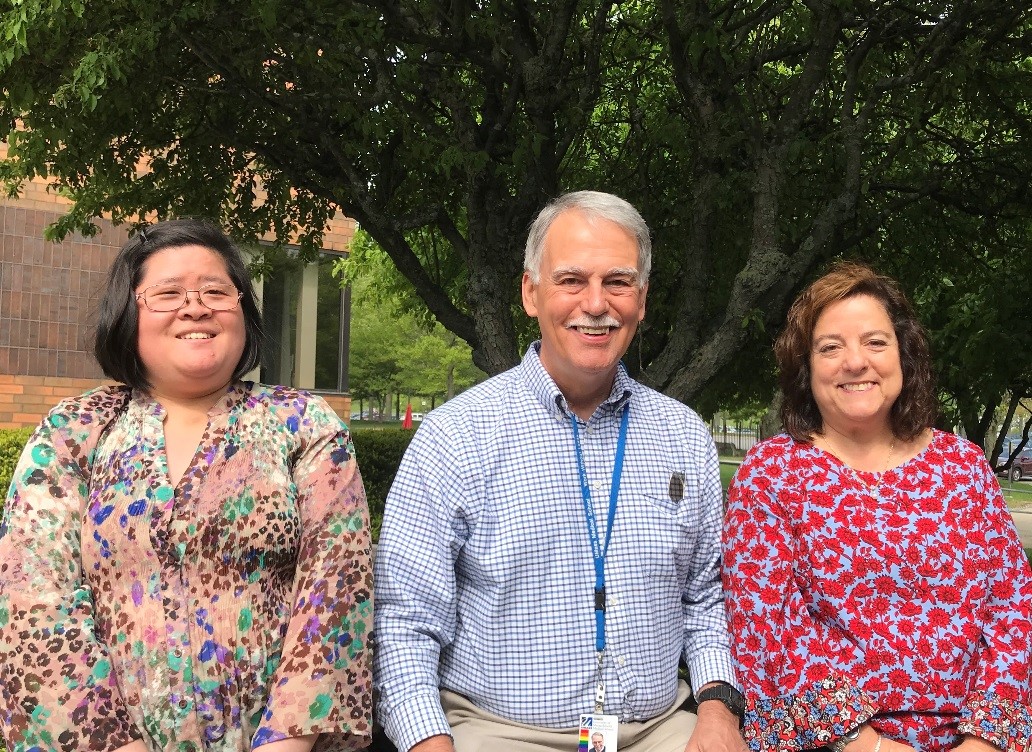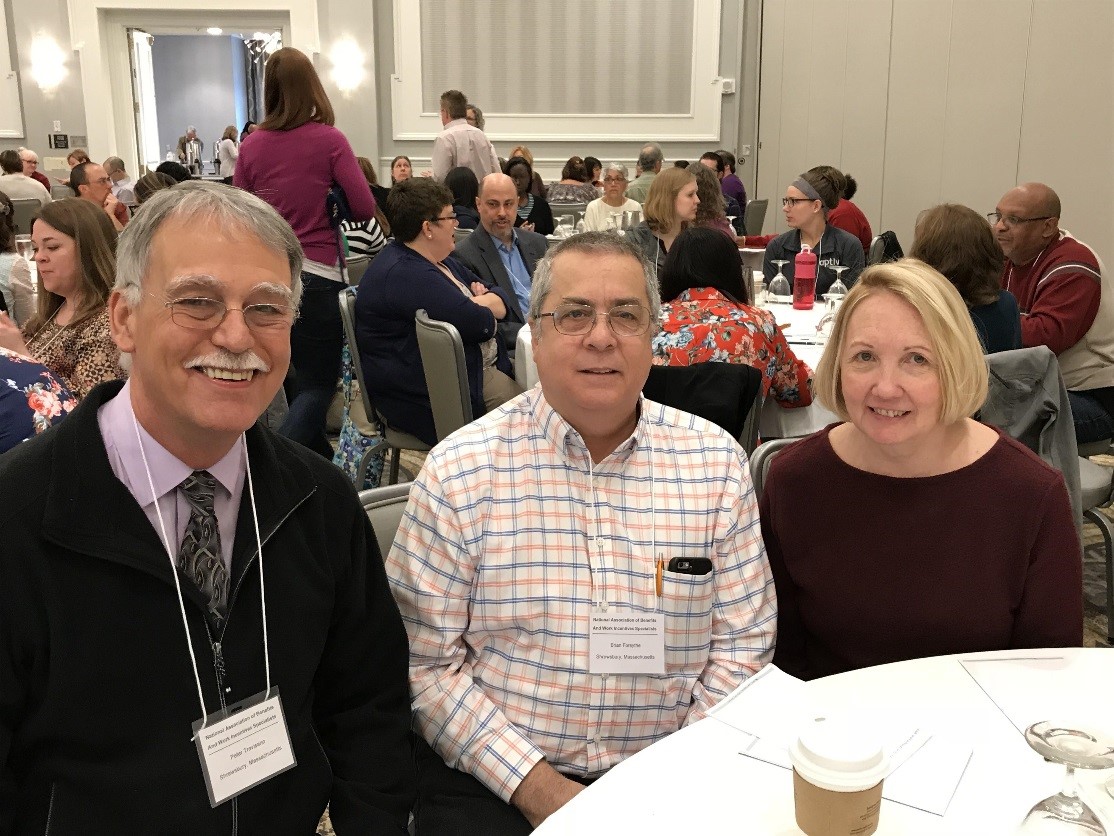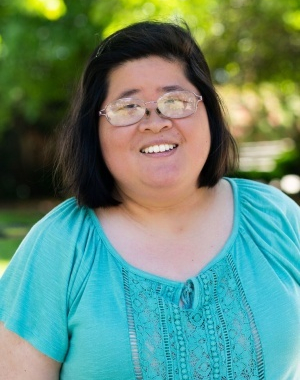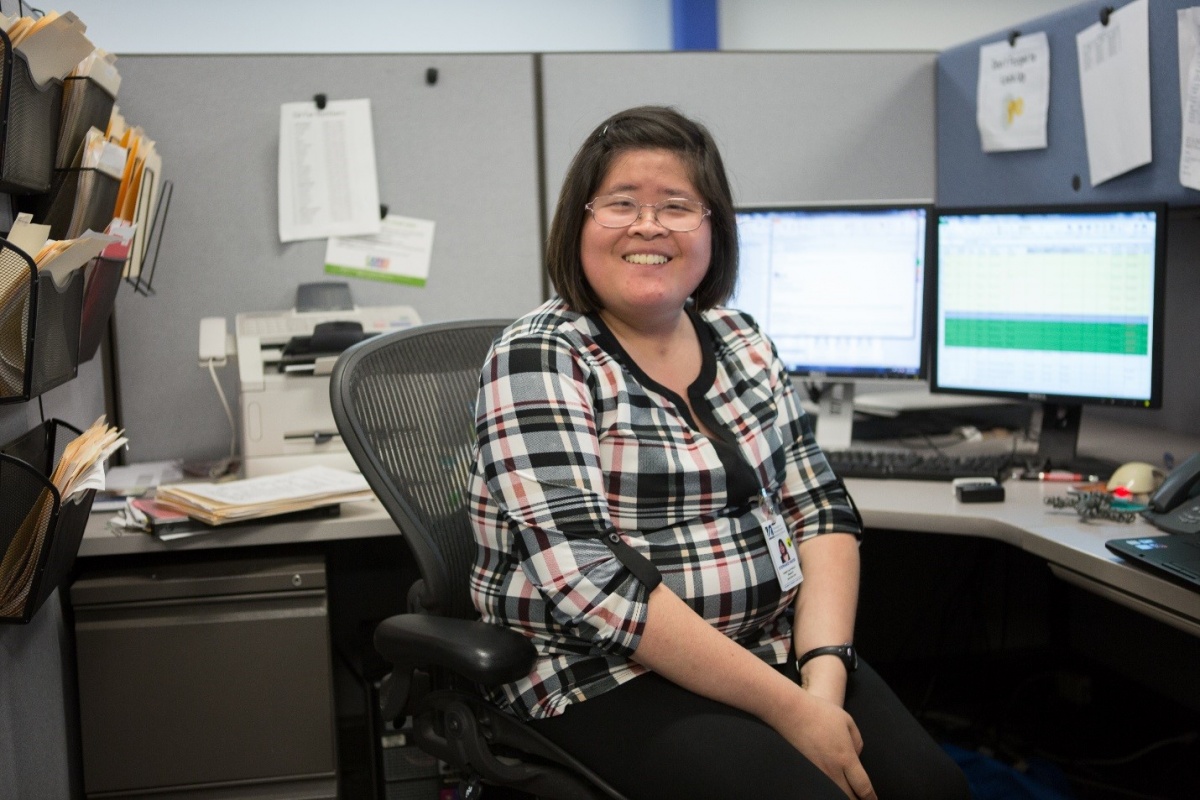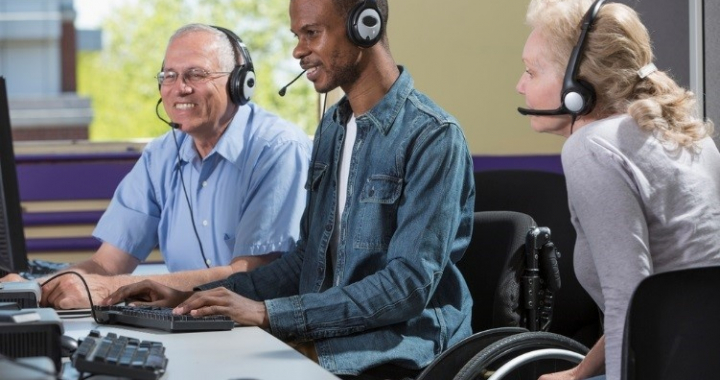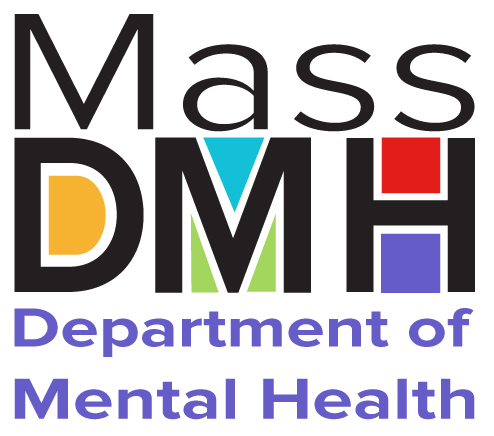Throughout my life, I have always worked. I grew up on a farm and had to milk the cows before school, and finish the day with chores in the evening. Eventually as I got older, I traded the farm for an engineering degree. I was 28 years old working in high tech when I found out my 4-week old baby was different. My perfect world had become a world of chaos and challenges.

I spent the next 8 years caring for Kayla and working with my employers to allow some creativity and flexibility in my schedule. I needed to work to keep my sanity as well as maintain our health insurance. Sometimes I worked 6am-2pm, or Wednesday to Sunday, or remotely from the hospital in order to juggle both work and Kayla’s needs.
Today, Kayla is 23 years old. She has complex medical needs and has been diagnosed with Mitochondrial disease and Trio. She is one of 20 people diagnosed with Trio world-wide.
In order to juggle work, caring for Kayla, and a household; I learned to be organized and creative with time management. Everything is run by a project plan. I learned a lot from advocating for Kayla and managing my desire to continue to work in high tech. During this time of learning, my desire to work shifted from the small start-up mentality to a more corporate vision.
In 2003, I joined EMC, now Dell. I was very upfront in the hiring process about Kayla and her needs, stating, “this is my life, but with Dell’s support, I can give you 110% and do a fantastic job.” I did not want to work for a company that wouldn’t support my need for a work-life balance. By being open about my personal story, it has allowed me to help others.

I have taken my knowledge of disability topics and personal experiences to be a leader in our True Ability Employee Resource Group (ERG). Issues like: accessibility, accommodations, benefits, caregiving, self-id, mentoring, hiring practices, and neurodiversity are relevant to the Dell employees and culture at this company.
I often think that I work to keep my personal identity and not just be a “special-needs mom.” I am glad to work for a company that invests in its employees, and that the culture and diversity within reflects our customers, vendors, and partners.
My life is still an insane balancing act. People always ask me how I do it; my response is, “I don’t know anything else.”
The following strategies have helped me to balance work while raising a special needs child:
- Find support with a family, friend, or respite center. There are days when you have a big meeting and might need a backup caregiver. Dell provides a benefit that allows all employees to have a set number of days for backup care.
- Talk to your employer. There might be a different position that can accommodate your needs, flexibility, and stress. Make a list of suggestions to guide the conversation.
- Talk to your benefits team. They may have resources and benefits to assist. For example, Dell has a fantastic autism benefit. Employees who do not have a child with autism might not realize it exists unless they need it.
- Ask for help! Your company’s ERGs are a great resource.

For more information on Dell’s
commitment to diversity and inclusion
(including caretakers) click here
